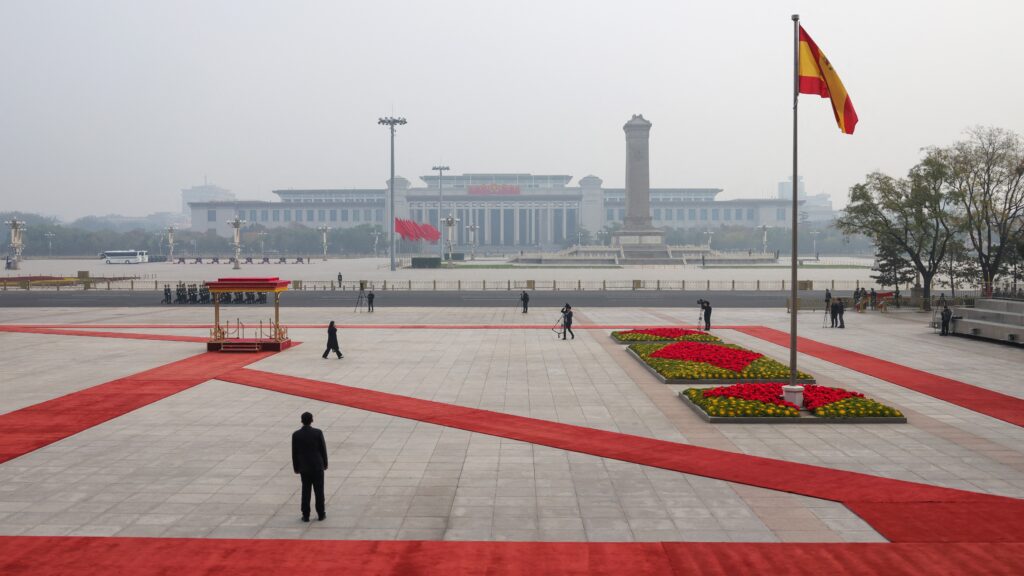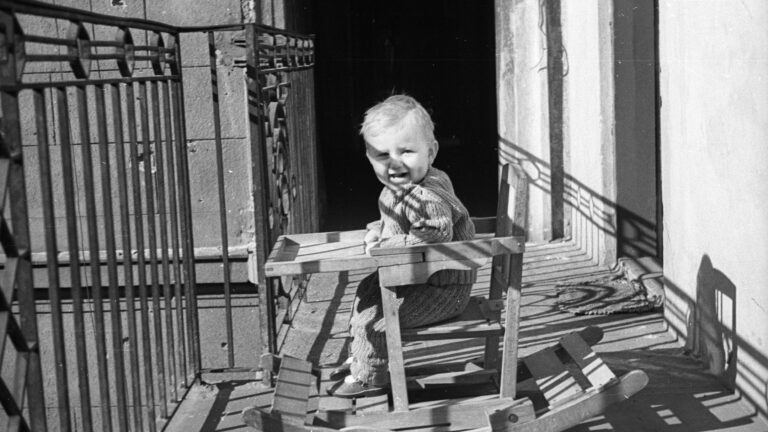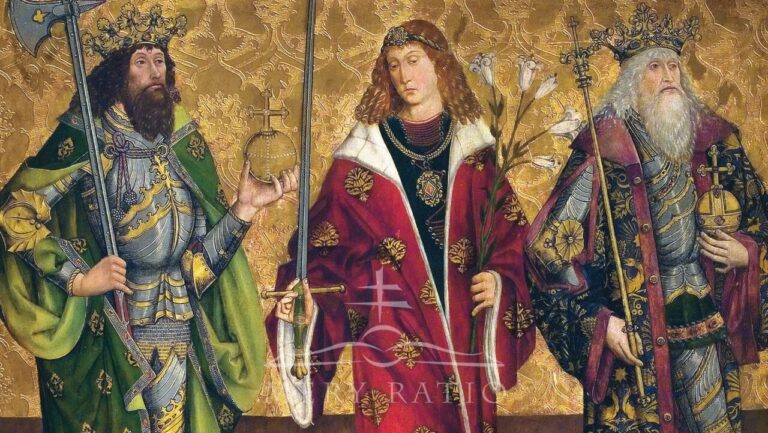The following is a translation of an article written by Lázár Pap, originally published in Hungarian in Magyar Krónika.
America—the new world, the land of opportunity, the land of the free. In the 19th and 20th centuries, hundreds of thousands of Hungarians left their former lives behind to cross the Atlantic and try their luck Far Far Away, that is, ‘Beyond the Óperencia’, as Hungarian fairy tales go. In its series, Magyar Krónika looks at the meeting points of America and Hungary through the Hungarian diaspora living in the US.
‘Beyond the Óperencia’ is the phrase that begins many of our Hungarian folk tales. The origin of the phrase is disputed, but its role in stories is clear: it refers to the area beyond the boundaries of the known world, where no man can reach. Yet, the hero always manages to step outside the known boundaries of reality and reach a place where the familiar rules and laws no longer apply.
America was our Óperencia for most of the 19th and 20th centuries. The new world, the land of opportunity, the land of freedom, from where the penniless peasant could return home as a landowner, where hard work would bear fruit, where there was no king, where there was no dictatorship. Hundreds of thousands of Hungarians left their former lives behind to cross the Atlantic and try their luck in America. Many saw no other way, they had no choice, some for adventure, some for political reasons, but all in the hope that things would turn out well in the United States.
‘The new world, the land of opportunity, the land of freedom, from where the penniless peasant could return home as a landowner’
Just as only the youngest child in the fairy tales is able to make it, the lives of the real emigrants did not necessarily take a positive turn either. Many lost everything they had and returned home penniless, if they had any money left to return at all. The hard work, the coal mines and factories, the poor housing conditions could even lead to an early death. Many families were ruined by distance, or even permanent emigration. Those who managed to save enough money to buy land in Hungary often saw their fortunes eroded by inheritance or were deprived by the twists and turns of history of the American dream they had created at home. Let us not forget, however, the youngest son who wins himself a kingdom and a princess; such stories are also to be found—not, of course, the norm.
In its ‘Beyond the Óperencia’ series, Magyar Krónika will be looking at the meeting points of America and Hungary, and at Hungarians in America, from penniless peasants to political emigrants and soldiers of fortune. To start with, here is the story of a turn-of-the-century emigrant, whose words help us understand the goals, dreams, and plans with which Hungarians set out for America back in the day.
‘Many people from Megyaszó were already working in America at the time, I also had relatives living there. One did well, saved up some money, another got tired of living there and came home, but I heard of someone who also wanted to come home but didn’t have enough money to buy a boat ticket. I didn’t like the life I had at home, I was tired of working together, I wanted to be my own boss, so I decided to go to America, hoping to earn enough to buy at least three or four acres of land,’ a man told historian Julianna Puskás in 1968 about the circumstances of his emigration to America. Although his father tried to discourage him, saying that ‘he could make a living at home as well,’ the 17-year-old boy decided he wanted to be independent and free.
‘I wanted to be my own boss, so I decided to go to America, hoping to earn enough to buy at least three or four acres of land’
In the interview, he also spoke about his time in the United States between 1904 and 1909: ‘I got used to life there quickly, without any particular difficulty. I was free to go anywhere, no one told me what to do. I was also very happy with the good food there, I still remember how much good broth we had; we ate almost every day except Friday, when we had bean soup. On Sunday mornings, we had jelly soup. And all this was not expensive at all. A month’s room and board only cost us ten dollars.’ He even remembered some Hungarian songs he had learned in America.
He looked back on his American days with joy, feeling free, eating well, not struggling with financial problems, and even being able to save and send some of his money home. However, the songs tell us that not everyone was so lucky.
‘I came home in 1909 after five years, because I never thought for a minute that I would stay there forever. After I saw that my plan had succeeded, that I had achieved what I wanted, I pulled up stakes and came home. With the money I had sent home in the meantime, I bought a very good piece of land of more than 9 hectares from Baron Harkányi and three pastures from Aunt Julcsa Farkas. After my return home, I started farming. Soon I should have gone into the army, but I put 300 forints into the doctor’s hands, so I only had to serve in the army for eight weeks. Nevertheless, I couldn’t get away with the world war so easily. I fought all the way through and was wounded three times. Apart from all that, my land and my farm were a little America to me—although I had to work hard, I didn’t lounge in America either, and in turn, I did quite well.’
Our hero achieved what he wanted. He came home, bought land, and created his own little America, whose peace even the First World War could not break. However, after the Second World War, history intervened.
‘I had a good run for a while after WWII, but later I was labelled a kulak and was very tormented. I was punished with pretty heavy taxes and fines, and although I said that I would not give up my hard-earned land and not sell it unless another land was measured for me overseas, I eventually joined the Agricultural Cooperatives when I could no longer cope with the fines and taxes. Now I’m old, I want to die here. I’ve even made a nice crypt for myself,’ our interviewee concluded.
‘Our hero achieved what he wanted. He came home, bought land, and created his own little America, whose peace even the First World War could not break’
As we see, some Hungarians in the United States lived to see the communist dictatorship take away from them and their families what they had worked a lifetime for. That is exactly what happened to our 81-year-old Hungarian ‘farmer’, who had lived through a lot.
Related articles:
Click here to read the original article.







